No one listening to US president Joe Biden’s climate ‘emergency’ call
Global economic and energy chaos is killing off the ‘green dream’ of renewable power.
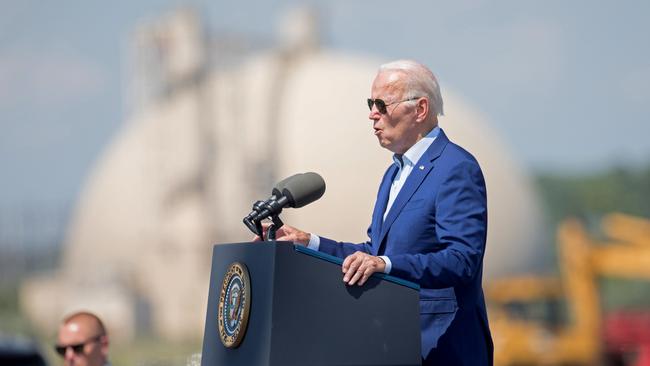
“I will not take no for an answer … If we don’t keep the temperature (increase) below 1.5 degrees we lose it all, we don’t get to turn it around, and the world is counting on us,” the President said in his remarks at Somerset, Massachusetts, near a site that used to be the largest coal plant in New England.
The world is going to be disappointed. The administration’s climate change agenda has disintegrated in recent months, mugged by political and economic reality, a fate likely to befall the push to phase out fossil fuels across the developed world, including in Australia.
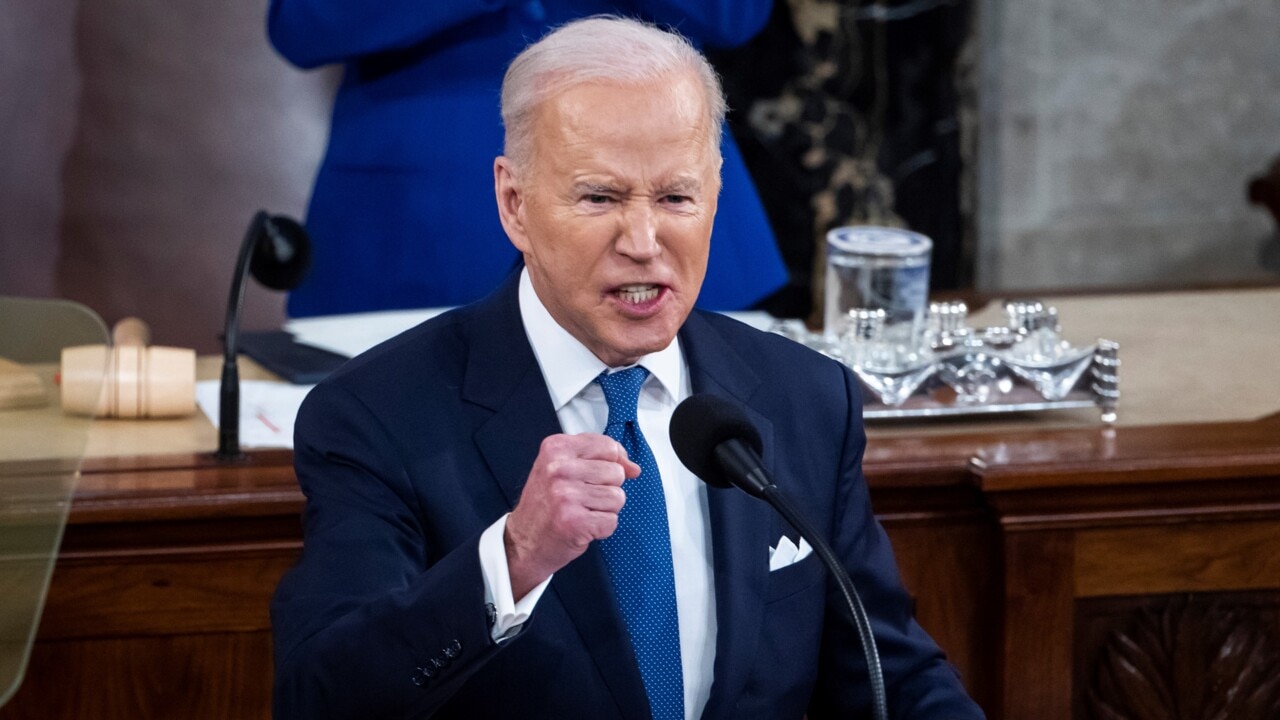
Biden enjoyed the perfect political backdrop for a speech about climate change, as around 100 million Americans swelter under record summer temperatures this northern summer, but soaring inflation has sent climate change down the list of American voters’ concerns.
Only 1 per cent of American voters said climate change was their number one issue, according to the most recent national poll from The New York Times, far behind worries about inflation, abortion and gun crime, which have each received months of media coverage. Among young voters, aged under 30, 3 per cent said it was.
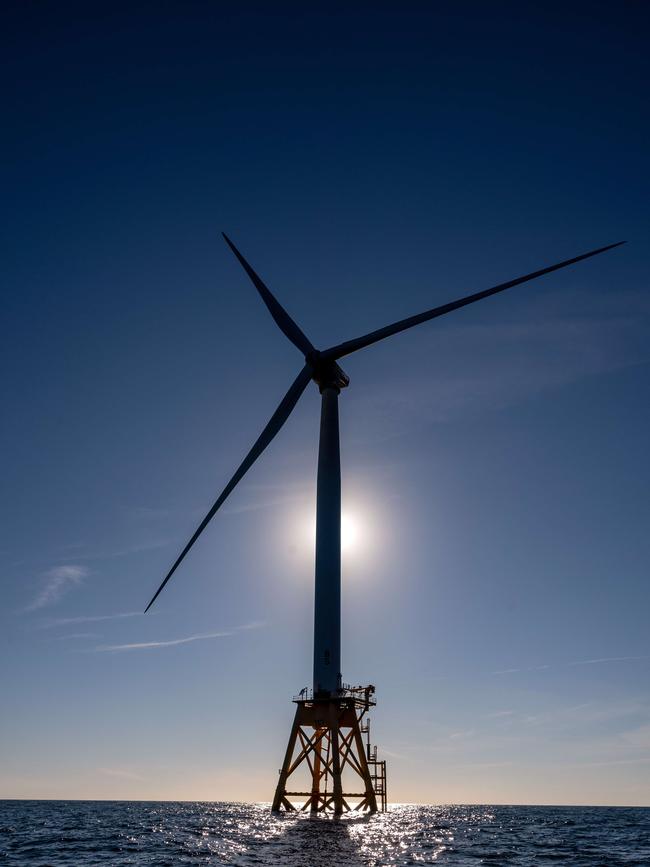
Electricity prices in Texas, the second-most populous state with 29 million people, have surged 70 per cent in the past year, costing the typical family $US80 ($116) more per month, according to calculations by The Wall Street Journal.
Democrats’ hopes of passing a slimmed-down version of the party’s Build Back Better legislation, which included $US300bn in tax credits and subsidies for wind and solar power and electric cars, evaporated last week when Democrat senator Joe Manchin from West Virginia said he wouldn’t vote for it.
The was the centrepiece of the Democrats’ plans to steer the world’s biggest economy away from fossil fuels.
The legislative outlook isn’t likely to improve, either. Democrats’ wafer-thin majority in the congress is expected to vanish after the midterm elections in November, putting an end to legislative reform until at least 2024, by which time only six years will remain to achieve the 50 per cent cut.
According to the US Environmental Protection Agency, total US greenhouse gas emissions in 2020 were 21 per cent below the level in 2005, implying significant further reductions are required over the next eight years.
Greenhouse gas emissions in the US fell 11 per cent between 2019 and 2020, as pandemic restrictions choked economic activity, but they surged in 2021 as economies recovered from Covid restrictions, and 2022 looks to be a bumper year for fossil fuel emissions amid a clamour for increased oil production to bring down prices.
“Since Congress is not acting as it should … this is an emergency and I will look at it that way,” Biden said. “As president I’ll use my executive powers to combat the climate crisis,” he promised, announcing an extra $US2.3bn to help insulate homes.
But the president has few powers to use after the Supreme Court clipped the administration’s wings this month, ruling the federal government couldn’t unilaterally force power plants to cut their carbon dioxide emissions. But even if he could, the task is herculean. He pointed out that the US previously generated half of its electricity from coal, down to 20 per cent today, an impressive feat. But the electricity sector is responsible for barely a quarter of national greenhouse gas emissions.
On the transport front, which produces about a quarter, the scope for electric cars to replace conventionally powered vehicles is shrinking, as the price of batteries soars amid the global scramble for the critical minerals they require, a reality governments are starting to concede.
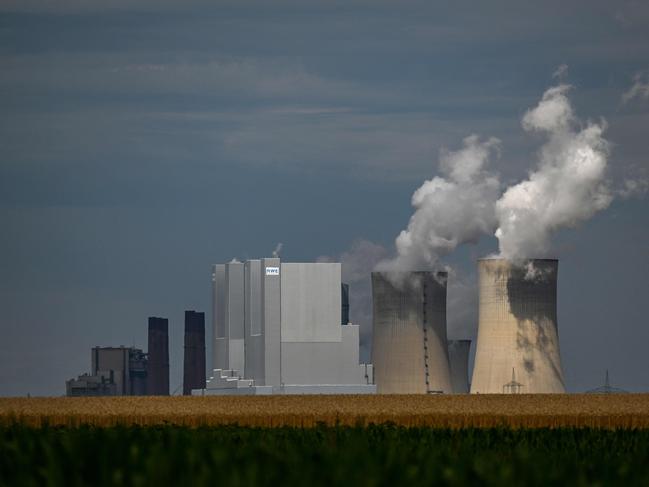
At their recent meeting in Germany, G7 leaders scrapped a promise to ramp up electric vehicle sales to 50 per cent by 2030, and listed gas as a “climate-friendly” energy source, a belated acknowledgment that entirely solar- and wind-powered grids are a fantasy at the current levels of technology.
The Covid-19 pandemic has landed the US government with an extraordinary debt burden as interest rates begin to increase, making a German-style energiewende (energy transition) less and less feasible without massive increases in taxation.
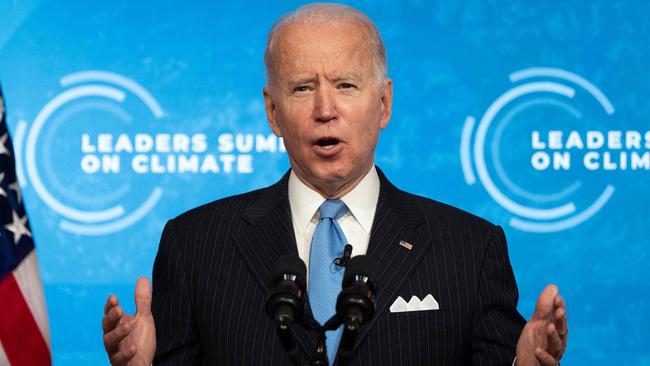
It was only in April last year Biden gathered world leaders, including then PM Scott Morrison, via Zoom in Washington, urging them to supercharge their own promises to reduce emissions, as part of an attempt by the new President to regain US “leadership” of the global climate change agenda.
Since then Biden has been losing authority amid sharp declines in his approval ratings.
He confusingly said he had cancer during his speech, another fumble that detracted media attention from his arguments about climate change. “Guess what, the first frost, you know what was happening, you had to put on your windscreen wipers to get literally the oil slick off the window, that’s why I and so many other damn people I know have cancer,” Biden said.
“National security is at stake as well, our economy is at risk,” Biden said in his speech, seemingly unaware of what grand plans to reduce emissions have done to national security and economic growth there.

If “net zero” is dying in the US, it’s dead in Europe, where governments are switching on coal fired-powered plants once more, to make up for the loss of cheap gas and oil from Russia, lest their economies and living standards crater further.
Anthony Albanese and Biden bonded at the Quadrilateral Dialogue in Tokyo in May over their shared ambition for emissions reductions. They might need to find a new collective interest.
At least Biden had the sense to advocate, twice, nuclear energy in his speech, something few Australian political leaders are yet willing to do.
Right now, the only hope for their 2030 targets is for some new technological discovery to emerge that enables massive consumption of energy without use of fossil fuels at relatively low cost, turning conventional physics on its head.


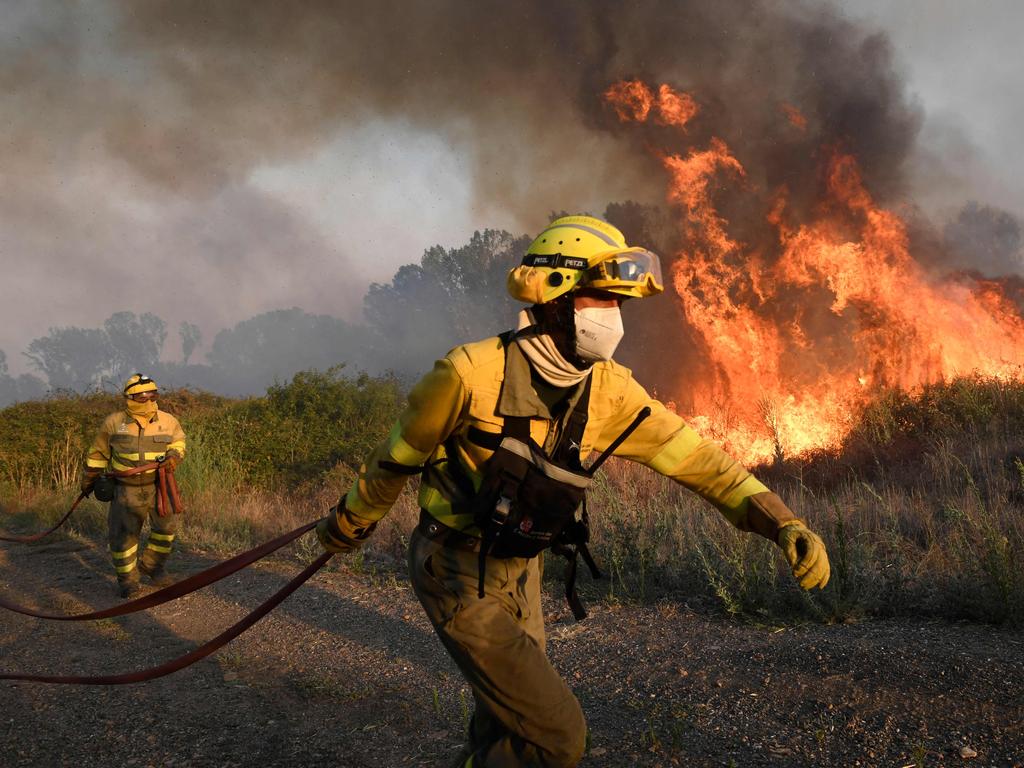
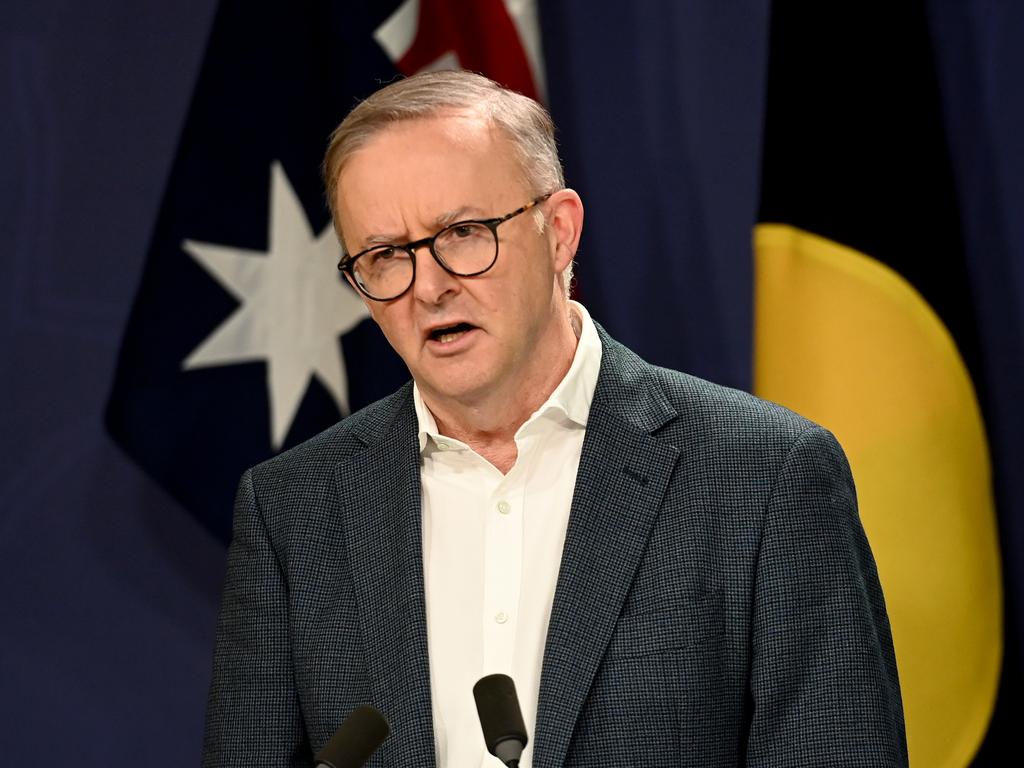



Joe Biden declared climate change an “emergency”, a “code red” situation and an “existential threat to the nation and the world” in a speech in Massachusetts on Wednesday (Thursday AEST), promising to ramp up the administration’s efforts to slash greenhouse gas emissions by at least 50 per cent by 2030 from 2005 levels.